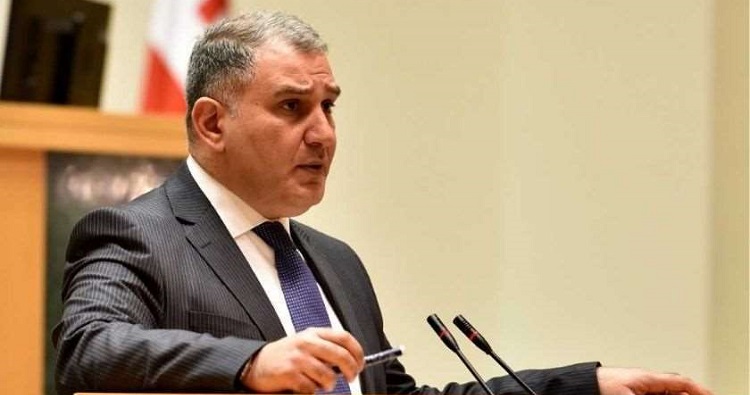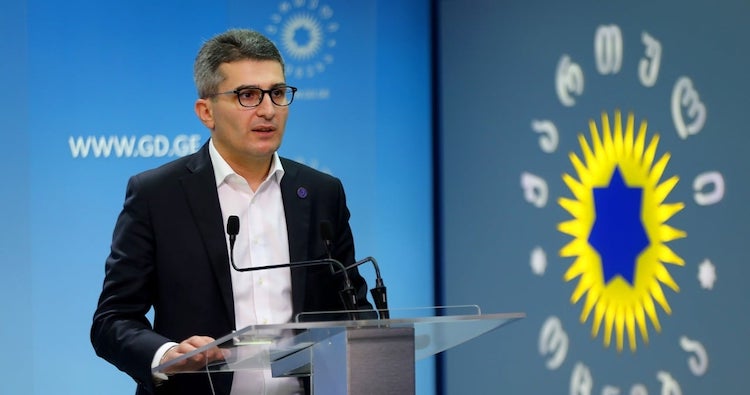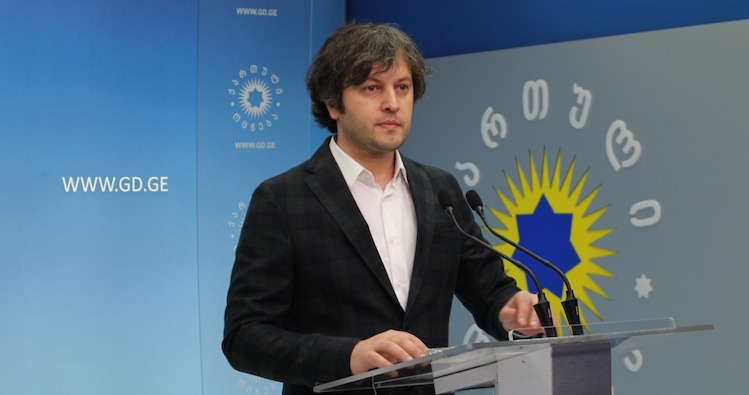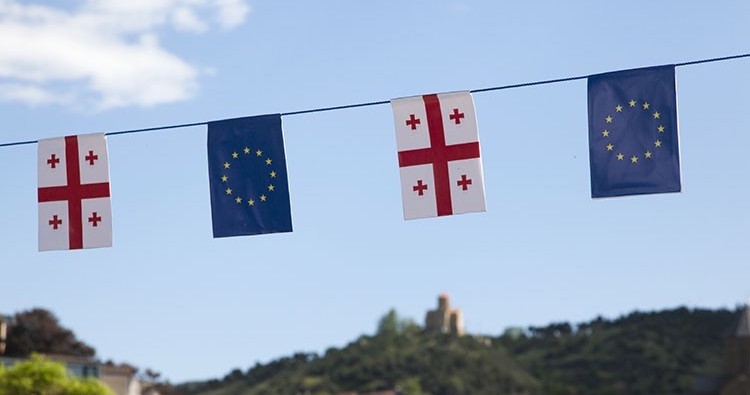Opposition “playing with country’s fate”, Georgia’s EU membership candidacy - ruling party officials
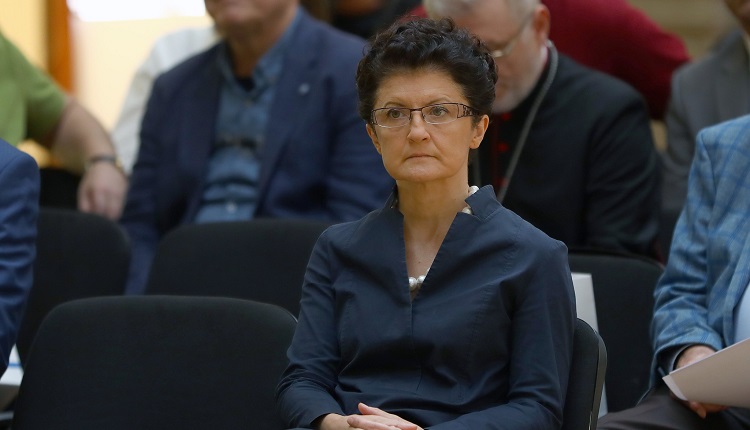
Thea Tsulukiani, the vice prime minister of Georgia, on Tuesday said that some of the domestic opposition were acting against Georgia’s European goals. Photo: culture ministry press office
Thea Tsulukiani, the vice prime minister of Georgia, on Tuesday said a part of the domestic opposition was “playing with the country’s fate” with its refusal to join the work for receiving the European Union membership candidate status and its stance against bills proposed by the ruling party for the purpose.
Tsulukiani said the “radical wing” of the opposition “now dislikes” the deoligarchisation bill - a part of the EU conditions - having originally supported it, as the current version did not specifically label Bidzina Ivanishvili, the founder of the ruling Georgian Dream party and the former prime minister of the country, as an oligarch.
She also alleged the reason behind the opposition’s refusal to support the bill was that it could affect several former members of the United National Movement government - now the largest opposition party - who had “oppressed people” while in office and were currently funding the opposition’s “anti-state” goals.
In his comments, Kakha Kaladze, the secretary general of the ruling party, said authorities would ensure “all efforts” to meet the conditions set by the European Commission in June to grant the country the membership candidate status.
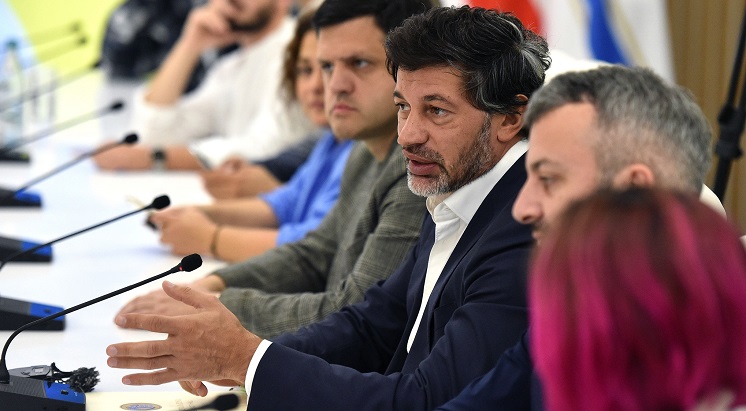 Kaladze said that the Georgian Dream authorities were taking "all actions" to meet the conditions for EU membership candidate status. Photo: Tbilisi city hall press office.
Kaladze said that the Georgian Dream authorities were taking "all actions" to meet the conditions for EU membership candidate status. Photo: Tbilisi city hall press office.
Many interesting reforms have been implemented in recent years. The government will do its utmost, including [in approving] the deoligarchisation [bill], to gain the candidate status [next year]”, Kaladze said.
The ruling party has said it has used the Ukrainian legislation while drafting the bill proposed last month, with the only exception that unlike Ukraine - where the president’s office is responsible for compiling the list of potential oligarchs - in Georgia the parliament would be tasked with the objective.
Ruling party MP Anri Okhanashvili said the bill would consider an individual to be an oligarch if they met at least three of four criteria designated for the purpose - influence over the media, engagement in monopolistic activity, possession of a specific amount of assets, and influence in political and public life.
The MP pledged the bill would be discussed “as transparently and inclusively as possible,” but noted mentioning specific names in the bill, as demanded by a part of the opposition, would be “very undemocratic”.
 Tweet
Tweet  Share
Share
